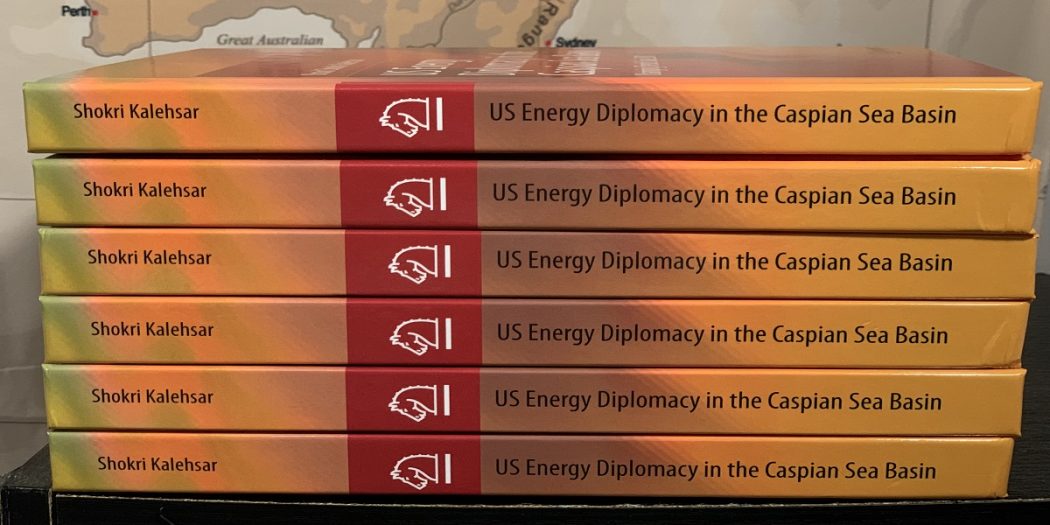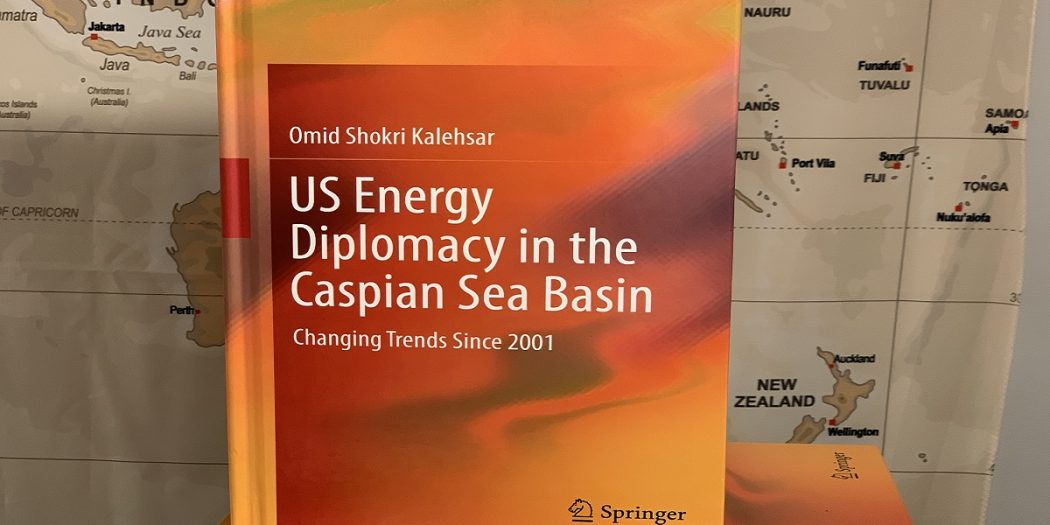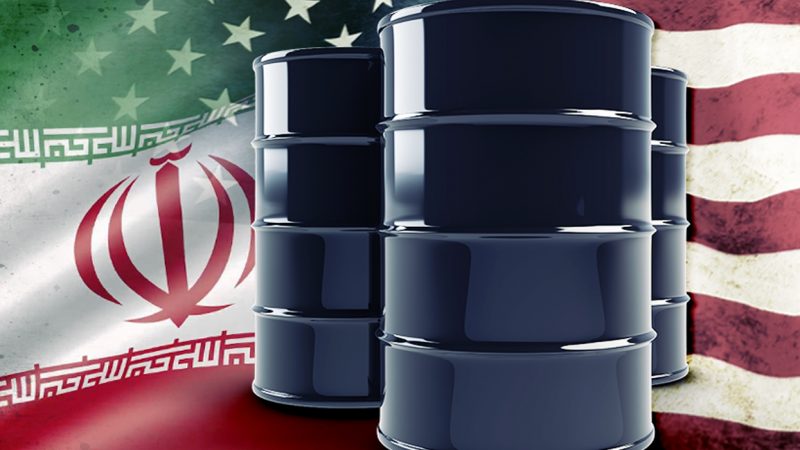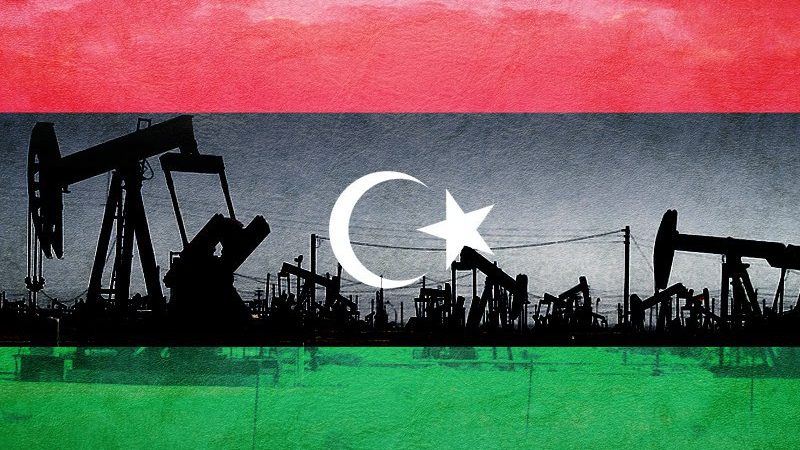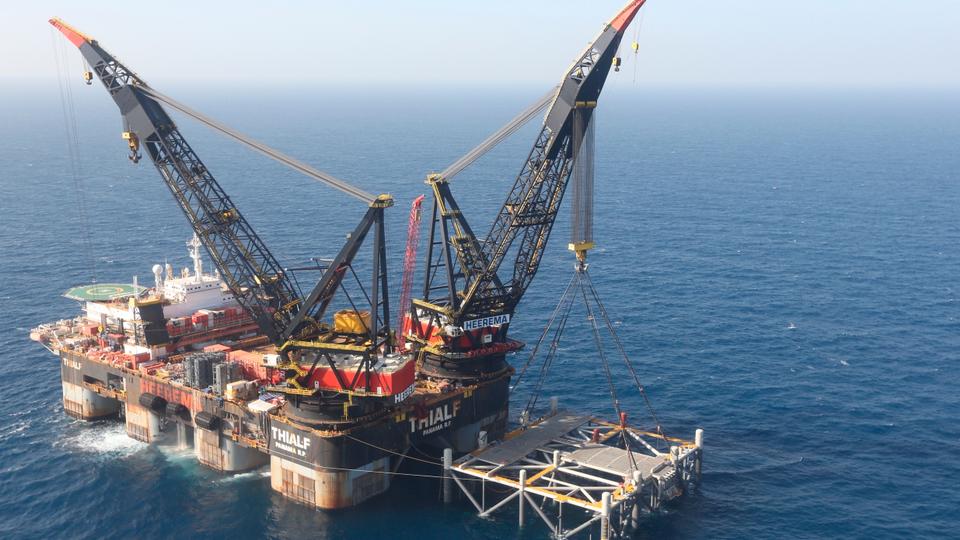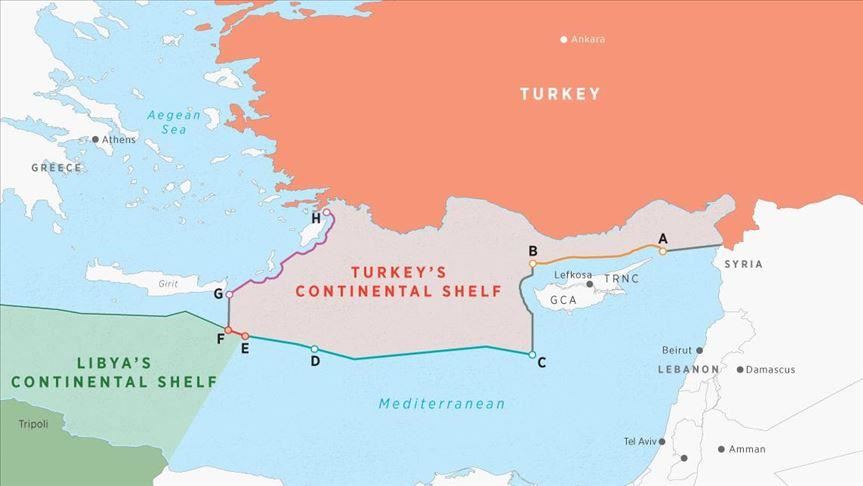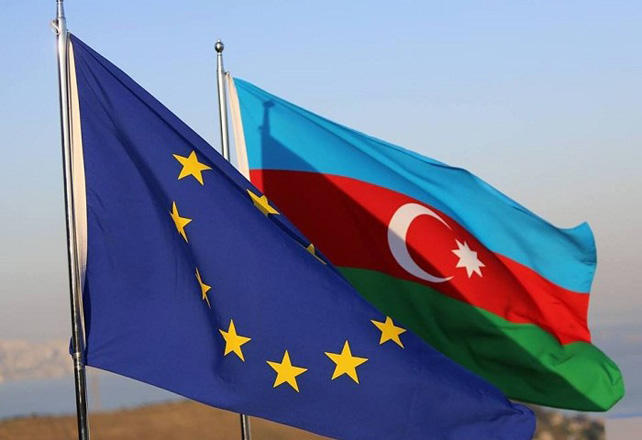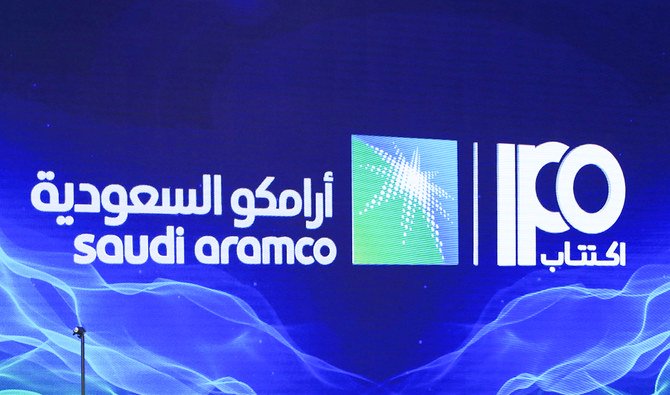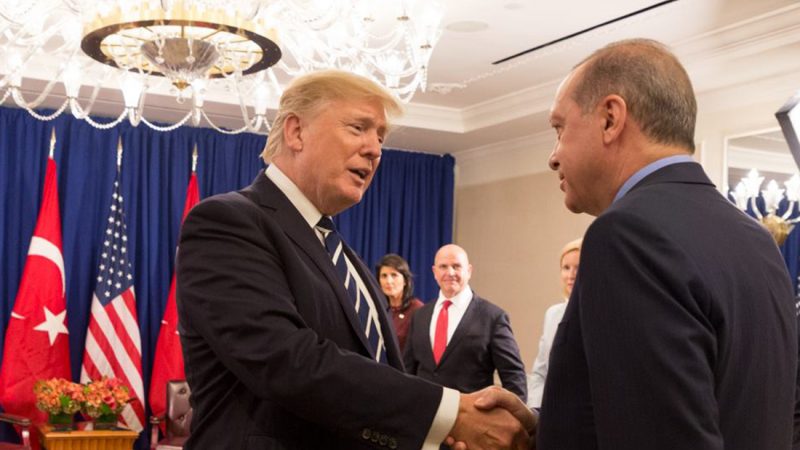While crude oil exports (Iran’s most important foreign exchange industry) have sharply reduced with no hope of recovery, other resources such as petrochemicals, mines and metals could have been a way out for the Islamic Republic… however, these sectors were also sanctioned in Spring 2019. Iran’s petrochemical and steel sectors …
Read More »Recent Articles
Petro-politics in Libya
The Libyan oil and gas sector are the main arteries of the country’s economy and one of its only sources of income. However, military forces recently closed most of the major Libyan ports. It seems that Khalifa Haftar and his forces are trying to win concessions from the constitutional government …
Read More »Q&A: ‘Russia is not willing to reduce its share of the European gas market’
In an interview with TRT World, energy security analyst Omid Shokri Kalehsar touched upon several aspects of competing foreign policies in the Eastern Mediterranean, saying Moscow would like to play a dominant role in the overall energy equation. The race for extracting energy resources in the Eastern Mediterranean presents various …
Read More »The Geopolitics of the Turkey-Libya Maritime Deal
Discovering new sources of energy always creates the opportunity to increase regional cooperation and increase stability and security in a given region. However, at the same time, these resources can also increase tensions. In recent years, maritime resources have been the focus of both coastal states and trans-regional powers. Numerous …
Read More »Will renewable energy be a major part of the Saudi energy mix?
In recent years, Saudi Arabia has had a comprehensive plan to reduce the share of oil in its economy, and it is seeking to increase the share of renewable energy in electricity generation. Saudi Arabia currently consumes about a quarter of its oil production, which is expected to remain almost …
Read More »Challenges and opportunities at OPEC meeting
The main goal of OPEC is to coordinate and unify the oil policies of its members, and to identify the best ways to protect their interests individually and collectively. OPEC is also looking for ways to guarantee world market prices by eliminating unnecessary volatility. OPEC’s continuing viability and its impact …
Read More »Azerbaijan’s Role in EU Energy Security: The Geopolitics of the SGC
Azerbaijan’s location on the Caspian Sea means it is developing offshore oil and gas fields. Due to the share of oil and gas reserves and production from the Caspian Sea, the country’s energy strategy in maintaining and increasing its energy status, especially in the gas sector, has led to the …
Read More »The Importance of Syrian Oil and Gas Resources during the Post-Crisis Era
Having oil and gas resources can be one of the most important pillars of the overall economic policy of the ruling economy, which can rightly be a good fit for the country’s economy in the face of current and ongoing crises and for its long-term development and impact. In industrial, …
Read More »Challenges and opportunities for Aramco’s IPO
Saudi Arabia has an incredible opportunity to move away from its complete dependence on oil, but it will need to make a number of structural changes to ensure its plans are not derailed. The reality is that the Saudi economy, including the private non-oil related sector, is heavily dependent on …
Read More »Erdogan to Visit US: Is Turkey Still a US Ally?
Turkish President Recep Tayyip Erdogan (November 13) will arrive in Washington to hold talks with US President Donald Trump. Erdogan is heading to Washington, where Turkey-US relations have been at a critical juncture in recent years, and the two NATO allies have sometimes adopted conflicting policies toward regional crises that …
Read More »
